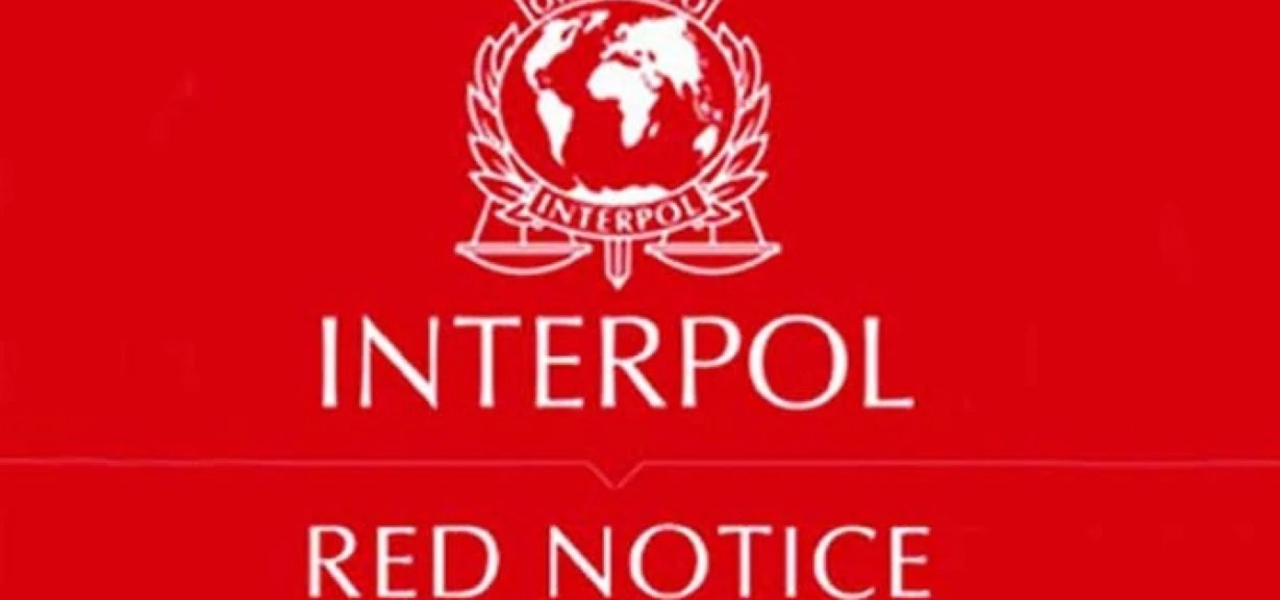
Criminals can flee to another country and thus try to evade justice. A Red Notice alerts police worldwide, about internationally wanted fugitives.
A Red Notice is a request to law enforcement worldwide to locate and provisionally arrest a person pending extradition, surrender, or similar legal action.
It contains two main types of information:
- Information to identify the wanted person, such as their name, date of birth, nationality, hair and eye color, photographs and fingerprints if available.
- Information related to the crime they are wanted for, which can typically be murder, rape, child abuse or armed robbery.
Red Notices are published by INTERPOL at the request of a member country and must comply with INTERPOL’s Constitution and Rules. A Red Notice is NOT an international arrest warrant.
Red Notices are issued for fugitives wanted either for prosecution or to serve a sentence. This follows judicial proceedings in the country issuing the request. This is not always the home country of the individual, but the country where the crime was committed.
When a person is sought for prosecution, they have not been convicted and should be considered innocent until proven guilty. A person sought to serve a sentence means they have been found guilty, by a court in the issuing country.
Every Red Notice request is checked by a specialized task force to ensure it is compliant with INTERPOL’s rules. This review takes into account information available at the time of publication.
Whenever new and relevant information is brought to the attention of the General Secretariat, after a Red Notice has been issued, the task force re-examines the case.
Red Notices are used to simultaneously alert police in all INTERPOL member countries about internationally wanted fugitives. Police in other countries can then be on the watch for them and use the Red Notice to support extradition proceedings.
Red Notices help bring fugitives to justice, sometimes many years after the original crime was committed.
INTERPOL has currently 194 member countries, making INTERPOL the world’s largest police organization. Members work together and with the General Secretariat share data related to police investigations.
Each country hosts an INTERPOL National Central Bureau (NCB), which links national police with INTERPOL’s global network.
Countries come together at the annual General Assembly to decide policy, working methods, finances and activities. In addition, heads of NCB meet annually at a conference to share experiences.
